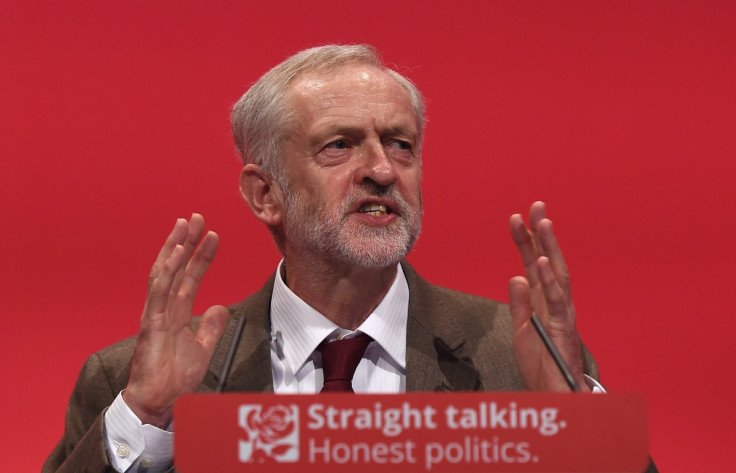Labour leader Jeremy Corbyn appointed vice-president of CND

Labour leader Jeremy Corbyn has been appointed as a vice-president of the Campaign for Nuclear Disarmament (CND). The politician who has famously said he "would not" press the nuclear button if he became the UK's prime minister and is against the Trident nuclear submarine defence system has already been a vice-chairman of the organisation.
CND said Mr Corbyn was stepping down as its vice-chairman because of his "increased workload". He had joined the organisation as a teenager in 1966.
Kate Hudson, CND general secretary, said: "This is a fitting tribute to a very principled man with a lifelong commitment to CND and the cause of nuclear disarmament. Working together, with enormous support from across society, we will prevail against Trident and secure a crucial step towards global disarmament."
Corbyn has made no secret of his opposition to the use of nuclear weapons and previously stated: "Nuclear weapons are weapons of mass destruction that take out millions of civilians" and that they "didn't do the USA much good on 9/11". He has also been challenged by colleagues over his views on funding the Clyde-based Trident missile system. The renewal of the UK's submarine-based nuclear missile fleet will cost at least £100bn, but is still backed by the government despite sweeping austerity measures levelled at the UK population. However, the Labour Party's official policy is to support funding for Trident.
Trident has become a hugely controversial issue for British governments. It was introduced under the Thatcher government in the 1980s to replace the Polaris missile system. Delays have seen costs for the project skyrocket and the government spends around 6% of its defence budget on the defence initiative.
The Strategic Defence and Security Review in 2010 stated that each of the UK's four Vanguard submarines will be armed with eight Trident missiles, out of a maximum payload of 16. Each missile will carry 40 warheads.
The destructive power of a single Trident warhead is eight times that of the first atomic bomb dropped on Hiroshima, Japan, by the US Japan on 6 August 1945. If a single Trident warhead struck Moscow, 135,00-251,000 people would be killed instantly, and a further 350,000 to one million would be injured, in the ensuring 1km fireball.
© Copyright IBTimes 2024. All rights reserved.






